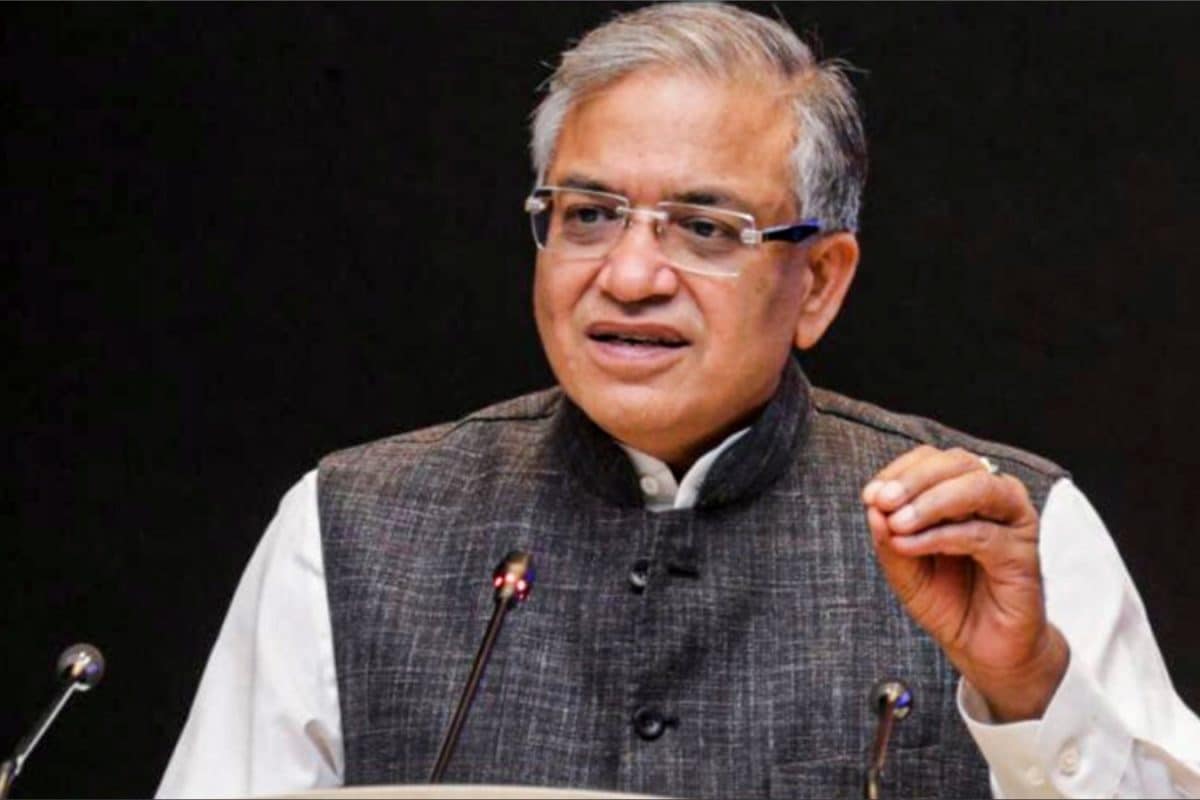

The Election Commission (EC) is facing scrutiny over its decision to conduct a Special Intensive Revision (SIR) of electoral rolls in Bihar ahead of the upcoming assembly elections, with opposition parties raising concerns about potential disenfranchisement of voters. Central to the debate is the question of how the EC handles names of deceased voters on the list.
Chief Election Commissioner (CEC) Gyanesh Kumar has defended the SIR, stating that it aims to ensure that no eligible voter is left out while removing ineligible entries from the voter list. He emphasized that the electoral roll must be revised before every election, as per the Representation of the People Act 1950 and the Registration of Electoral Rules 1960. Kumar also pointed out that opposition parties themselves have previously complained about issues with the voter list. According to Kumar, a detailed investigation of the voter list and all voter details has not been conducted since January 1, 2003, and this revision is supposed to be a general practice.
However, opposition parties, including the Trinamool Congress, All India Majlis-e-Ittehadul Muslimeen, Rashtriya Janata Dal (RJD), and Congress, have voiced strong objections to the SIR. They argue that the exercise could be misused to disenfranchise voters, particularly those from poor and marginalized communities. Some have even accused the EC of secretly implementing the National Register of Citizens (NRC) in Bihar through the backdoor, warning that the SIR may harm public trust in the poll panel. Concerns have also been raised about the timing of the SIR, given its proximity to the upcoming assembly elections.
A key point of contention is the requirement for some voters to submit documents to prove their date and place of birth. According to the EC's guidelines, approximately 60% of voters listed in electoral rolls before 2003 (around 4.96 crore people) do not need to provide supporting documents. However, the remaining 40% (about 3 crore people) will have to furnish evidence to establish their date or place of birth. This has led to fears that many genuine voters, especially those lacking proper documentation, could be wrongly excluded from the list.
Addressing these concerns, the EC has clarified that the SIR is being conducted strictly in line with Article 326 of the Constitution and the Representation of the People Act of 1950. The poll panel has also stated that it is in continuous dialogue with political parties to address their concerns. CEC Gyanesh Kumar has emphasized that the EC has held extensive consultations with all political parties, and "no one was satisfied with the current status of electoral rolls for one reason or other".
Amidst the controversy, the EC has cautioned voters against "incorrect and misleading" statements made by individuals "who without reading the SIR order dated 24 June" are attempting to confuse the public. The commission has also clarified that there is "no change in the instructions" for the SIR and that all measures are being taken to facilitate existing electors in completing the documentation.
The debate surrounding the SIR in Bihar highlights the challenges of maintaining accurate and inclusive electoral rolls. While updating voter lists is a necessary process to remove deceased or ineligible voters, it is crucial to ensure that genuine voters are not inadvertently excluded. The EC faces the difficult task of balancing the need for accuracy with the imperative of safeguarding the voting rights of all eligible citizens.